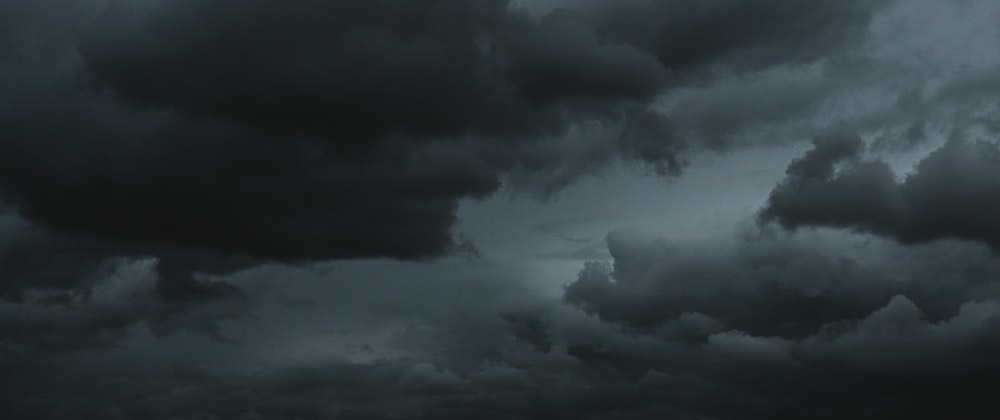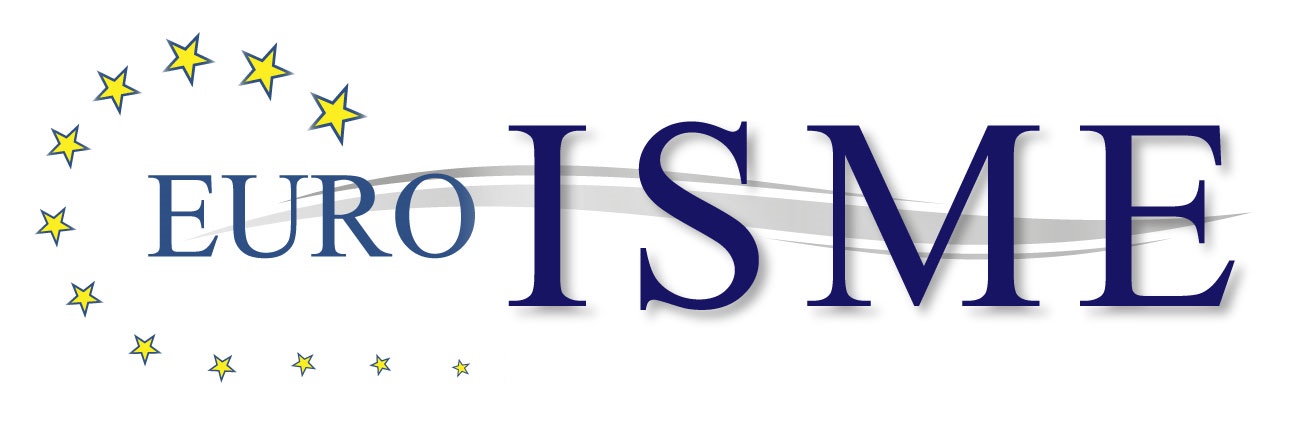Krieg und Zeitenwende – War and Dawn of a New Era
By Dr. Sebastian von Münchow, Course Director, George C. Marshall Center
Disclaimer: This article is the English translation – republished with the friendly approval of the author - of an abridged version of an editorial published by our Institutional Member, the Federal Armed Forces Leadership Training Center, in issue 2|22 of the IF - Zeitschrift für Innere Führung. You can read the full-length article in German language there.
The list of requirements was tough: Russia claimed against NATO, among other things, not to affiliate any further Eastern European states. This was rejected by the West. On February 24, 2022, Russian forces attacked Ukraine from multiple directions. What does the Kremlin want to achieve? What is at stake for the West? How does Germany react?
The attack on Ukraine is related to the internal general state within Russia, which has changed over the past two decades, and the corresponding consequences in its foreign and security policy. As early as February 2007, Russian President Vladimir Putin signaled at the Munich Security Conference that he wanted to abandon the path of cooperation with the West. The growing feeling erupted since the 1990s, that the collapse of the Soviet Union was abasing, that the NATO-led Balkan interventions were directed against Russian interests and that a hostile alliance wanted to expand eastward. This was followed by the Georgian war in 2008, the annexation of Crimea in 2014 and military support for the separatists in eastern Ukraine, and also in 2014 the intervention in the Syrian civil war, than intrusion in Libya since 2017 and most recently the appearance of Russian mercenaries from the Wagner group in Mali.
The global reach out and the interventions in the immediate neighborhood are based on a Russian system of rule sui generis, the Putinism. This ideology-related explanatory approach found in parts of the international literature of security science explains how Vladimir Putin managed to create a system of dependency, control and mutual benefit with the help of a triad of the Kremlin administration, loyal leaders of the security and intelligence services ("siloviki") and oligarchs. Social backing is flanked on the one hand by a re-involvement of the orthodox church in topical and moral political issues. On the other hand, the leadership revitalised the territorial expansion from Ivan the Terrible to Tsar Nicholas II.
From this an exceptionalism towards other states or peoples is derived, which allows influence or occupation. Putin grants limited sovereignty – if any – to the key states of Ukraine, Georgia, Moldova and Belarus. The closeness to the orthodox faith, but also the effort to set up a buffer zone to the west, explain the Kremlin's vigorous reintegration efforts. Historically, mythologically and geostrategically, Ukraine has a special role to play.
Furthermore, the Soviet past has been glorified in recent decades: the merits of the Second World War or other achievements are in the foreground, while Stalin's terror is tuned out. The Russian perception here differs fundamentally from other societies of the former Warsaw Pact or former Soviet republics. The overcoming of the Cold War and communism was not seen as a victory for freedom, but as the trigger for economic and social chaos and territorial losses.
Indeed, the standards of living of most residents of Russia have improved over the past few decades. Wages and pensions have risen and the gross domestic product (GDP) grew by 150 percent between 1999 and 2013. However, the upswing only resulted in a gross domestic product comparable to that of Italy. The country generates about 20 percent of its GDP from trade in oil and gas, which accounts for about 60 percent of all exports. Russia cannot pride itself of significant consumer products „Made in Russia“ on the world market, nor does it have “soft power” that was perceived globally. The reforms announced by Putin have not been implemented. Nevertheless, there seems to be a "contrat social" between the leadership and the people, which compensates for social inaction with national glory. Consequently, the local audience is receiving the news with great satisfaction that Western countries have been successfully pushed back from their supposed spheres of influence.
This system is upheld by internal and external use of force or threats. Opposition politicians are murdered under unclear circumstances or sentenced to multi-annual imprisonment through questionable trials. In the case of spectacular murders abroad, such as in Berlin's Tiergarten in 2019, the limits of "plausible deniability" are pushed to the limits.
Vladimir Putin seems to be pursuing three goals: the subjugation of foreign territories because they bring prestige and respect, but also access to raw materials or energy supply lines. So-called color revolutions leading to government overthrows, lawsuits and the loss of all privileges must not take place. In this respect, Moscow's power circles cannot tolerate free and economically successful states and societies in the immediate vicinity if they want to prevent a potential spillover effect on Russia.

Ukraine and the West
In sight of the invasion by Russian forces, Ukraine's existence as a sovereign country with transatlantic ambitions in eastern Europe is at stake.
The tenacious defensive struggle of the Ukrainians makes it clear that for the population it is not just about freedom and integration into a Euro-Atlantic community, but about survival. In the light of so-called “denazification lists”, the Western-minded elite is aware of the future that a successful occupation will bring. Even before the invasion, alienation from Russia was apparent due to the 14,000 deaths since 2014, added to a massive desire to break with the tradition of Soviet and tsarist paternalism. However, there were cultural, family and friendly ties with Russians in the Federation and in Ukraine. The current war will mean that an occupied Ukraine can only be tied to Russia by a militarily supported puppet government.
Fundamentally, a takeover of Ukraine will bury the post-war global order. In the statute of the United Nations, the victorious powers outlawed war as a form of dispute by means of the absolute ban on the use of force. In addition, the sovereignty and the right of self-determination of peoples should be respected. After the end of the Cold War, these principles were reaffirmed in the Charter of Paris in 1990 by the then CSCE member states (Conference on Security and Co-operation in Europe). The OSCE (Organisation for Security and Co-operation in Europe) summits in Lisbon in 1996 and in Astana in 2010 reiterated – including Russia – that states are free to choose systems of collective security. NATO and Western capitals were therefore left with no choice but to tell the Kremlin that these pillars of European and global security are non-negotiable. With the Russian invasion, security policy was thrown back to the 19th and early 20th centuries anyway: constant rearmament and the use of military force at any time could shape the coming decades.
The attack on Ukraine also sends another global signal that feeds the Russian – and to some extent also the Chinese – narrative: Western democracies have had their day as dominant actors in the world order. Thus, their societies are weak, divided and misconducted. In any case, the economic dynamics are shifting to the eastern hemisphere and the time is ripe to replace the rule-based order with the specifications of autocratically managed systems that take better care of collective welfare concerns. The unfortunate retreat from Afghanistan already prompted elites around the world to consider which powers would set the tone in the future.
In the meantime, general thinking prevails in Europe that dependence on energy supplies from Russia must come to an end. In any case, it was bitter for the EU that Russia and the USA had negotiated a European crisis without them. For years, however, Putin has wanted to compel a new Yalta, tying in with the greatest Russian-led expansion in history and the subsequent division of the world into spheres of influence between two great powers. That's why the Kremlin spoke to the Western alliance's security guarantor, the United States of America, on an equal footing. The EU became a secondary actor, disturbing guest at the table of the big powers. The extent to which the European Union unnecessarily dwarfed itself in the run-up to the war, despite its economic power and idealistic appeal, is a different story.
Outlook
An assessment of the military situation cannot be made here. However, many security policy analysts point out that Vladimir Putin's risk calculation contained three weaknesses.
First, the Kremlin seems to have crassly underestimated the morale of the Ukrainians and their armed forces. Spoiled by previous interventions, where Russian troops were greeted happily in the streets by – more or less – enthusiastic sections of the population, the Kremlin apparently cherished the illusion that this would be repeated in Ukraine.
Second, Putin's decision-making circle was probably hoping for a quicker victory. However, the difficulties of long logistical routes and the low morale of the deployed Russian soldiers were winked at.
And third, there are some indications that President Putin underestimated not only the Western response but that of much of the international community. The latter became abundantly clear when the General Assembly of the UNUnited Nations condemned the Russian attack by a majority of 141 votes. It is true that he still has an important ally in the OPEC cartel, which is putting the West under pressure with oil shortages. Nonetheless, the EU's violent reaction may have surprised Putin. For the time being, years of efforts to split the Union internally seem to have been in vain. Even an emergency application for EU membership submitted by Ukrainian President Volodymyr Zelenskyy is being discussed in Brussels.
Germany also passed the transatlantic test. It has now affiliated the joint approach with economic sanctions and arms deliveries - probably to the astonishment of the Russian regime. Even more: In the German Bundestag on February 27, 2022, Chancellor Olaf Scholz announced nothing less than a „turning point in security and military policy“. With a special fund of 100 billion euros and a future defense budget of more than two percent of the gross domestic product, the Bundeswehr should be better prepared for the defense of the country and of the alliance.
Whatever the outcome of the war against Ukraine will be, Russia is isolated economically, largely politically, but also culturally. The West and its allies will reorganize themselves in terms of energy security, economy, defense and diplomacy. Detachment from Russia is the need of the hour. Until Putinism is overcome.
Credits: Photo by pure julia on Unsplash [cropped]
